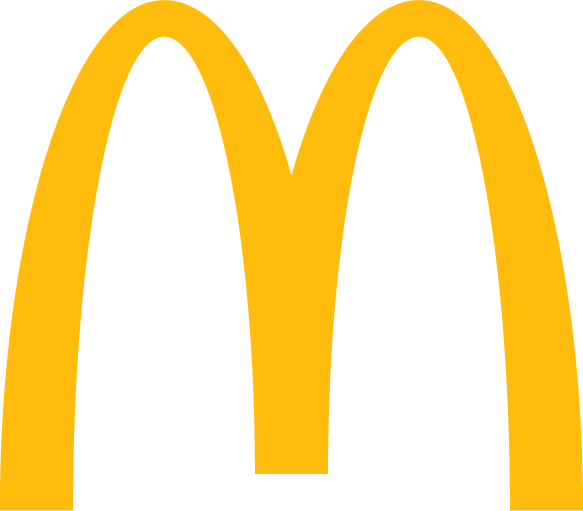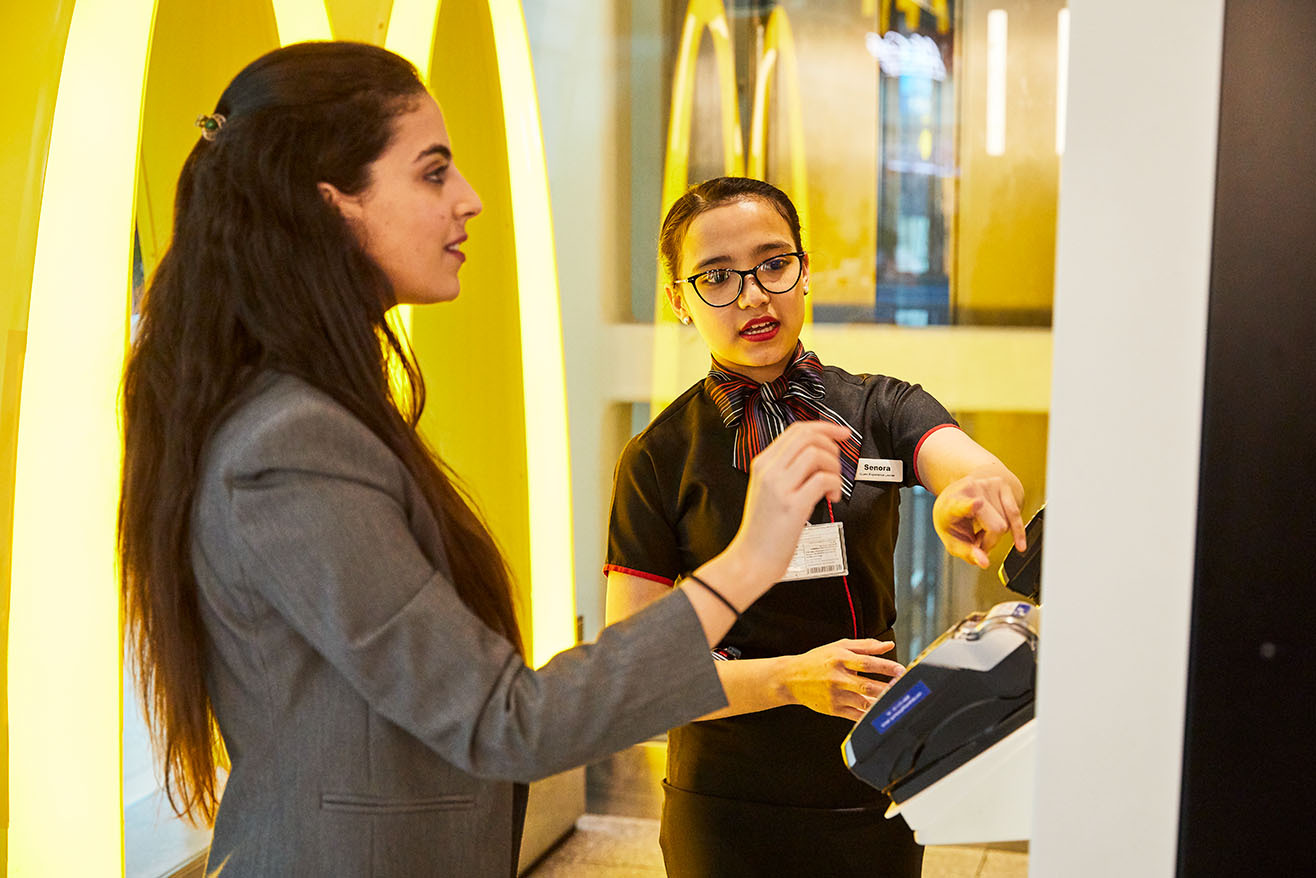Last Updated on: October 2025
Our Business
Business Partners
Our relationship with owner/operators, suppliers, developmental licensees, joint venture partners and everyone we do business with is based on lawful and fair practices. While the Standards of Business Conduct does not apply to our business partners, we expect them to follow the law everywhere they operate and in their business dealings with us. To make informed decisions and ensure we work with ethical companies, we conduct due diligence on our business partners.
The type and scope of work our business partners do determines the level of due diligence that should be performed. Contact Global Compliance for guidance.

Our business partners around the world are also expected to share our support of fundamental rights of all people:
- treat employees fairly, respectfully and with dignity
- follow practices that promote health and safety
Anti-Corruption
All of us are expected to conduct ourselves and our business in an ethical manner, in compliance with McDonald’s policies and with the law. This includes the U.S. Foreign Corrupt Practices Act (FCPA), regardless of where you are in the world, as well as other local anti-corruption laws and McDonald’s policy.
McDonald’s policy states that employees:
Must not engage in corrupt activity or offer bribes or kickbacks
Must work with government officials ethically
Are prohibited from using facilitating payments
Are prohibited from giving improper gifts or hospitalities
Are required to perform due diligence before engaging with third parties
Must keep accurate books and records
Facilitating payments are also referred to as expediting payments or “grease” payments, meaning small payments to government officials to get something done such as a routine administrative procedure.
Working with Government Officials
Always know if you are working with a government official*. The definition of a government official can vary in different parts of the world. Contact Global Compliance for guidance.
Gifts and Government Officials
Taxes and other typical business payments made to government entities are acceptable. However, payments, gifts, entertainment or donations offered or given to a government official or someone else on their behalf can be risky and should almost always be avoided. If you would like to offer a gift or hospitality, you must follow your area’s procedures for reviewing, approving and tracking of gifts or anything given to government officials.
Government officials can include:
-
Police officers
-
Employees of government agencies responsible for issuing permits and licenses
-
Health inspectors
-
Labor and employment authorities
-
Other employees of the government and its agencies
-
Employees of entities owned by the government, such as oil companies, the news media, transportation entities, universities, hospitals, utilities, real estate and construction companies
Export/Import Controls
Government imposed trade regulations, controls, restrictions, embargoes, sanctions and boycotts must all be complied with when transferring goods, services or technologies across borders for McDonald’s.
Sanctions
Our business partners are checked against local and global sanctions and watch lists to ensure that McDonald’s is being compliant when choosing our business partners.
Fraud
Fraudulent behavior is never acceptable. Always avoid committing fraud or actions that create the appearance of fraud. This can include theft, extortion, embezzlement, and other types of criminal activity. Never intentionally conceal, alter, falsify or omit information for your benefit or the benefit of others.
Gifts, Favors and Business Entertainment
If you are unsure if a gift or other personal benefit is appropriate, ask your supervisor or Global Compliance before taking any action.

Employees, relatives of employees and third parties working on McDonald’s behalf must not offer, give or accept any gift, entertainment, or other personal benefit if it:
- Is inconsistent with customary business practices
- Is cash or a cash equivalent
- Is excessive in value
- Could be construed as a bribe or payoff
- Violates any laws or regulations
Q&A
Business Records
All financial books, accounts, business records and documents related to McDonald’s business must be accurate, clear and concise, and adhere to generally accepted accounting principles, McDonald’s internal controls and policy.
Financial Crime, Anti-Terrorism Laws and Regulations
McDonald’s complies with all laws, rules and regulations of U.S. and non-U.S. government entities and other private and public regulatory agencies. This includes the exchanges where McDonald’s securities are listed.
If you believe a McDonald’s supplier, landlord or franchisee is involved in illegal activity immediately report it to Global Compliance.
McDonald’s follows U.S. laws inside and outside the U.S. that prohibit dealings that aid terrorists or organizations supporting terrorists as well as transactions being used for money laundering.
Fair Competition and Anti-Trust
McDonald’s complies with fair competition and antitrust laws around the world. This helps protect consumers and promotes fair competition. These laws generally prohibit formal or informal agreements with competitors that:
• Fix, set, control or relate to prices, products, terms of sale, costs, profits or profit margins, markets or market share, distribution practices, intellectual property or technologies
• Allocate customers or products, to deal or not deal with specific customers or suppliers or classes of customers or suppliers, or to bid or not bid on business
If you have a question about an issue, decision or action about competition or antitrust laws, contact the Legal Department.
Trade Practices
McDonald’s employees or anyone else gathering information about our competitors or suppliers on our behalf must avoid unfair trade practices by:




